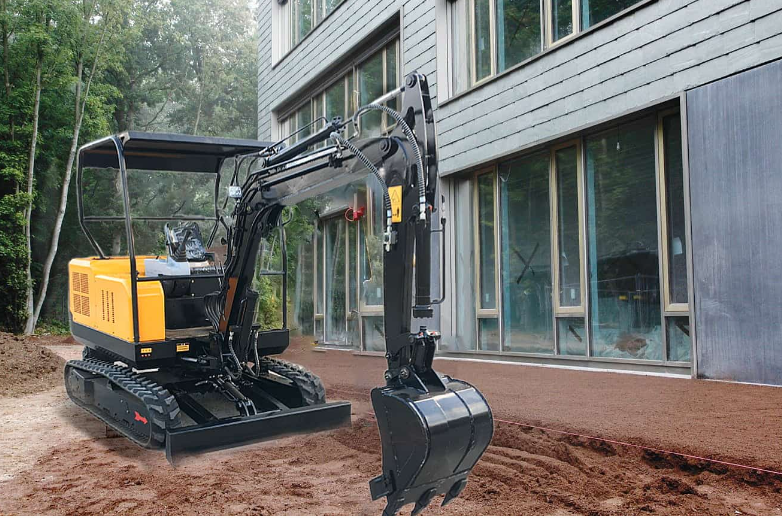Rubber tracks have become an important part of the construction industry, especially in the operation of heavy machinery such as excavators. The demand for rubber excavator tracks including 400×72 5×74 rubber tracks has been growing steadily due to their durability, versatility and cost-effectiveness. This article will explore the importance and application range of rubber tracks in the construction industry, as well as the main trends in its future development.
1. Introduction: importance and scope of application
Rubber tracks play a vital role in the construction industry, providing traction and stability to heavy machinery such as excavators. Unlike traditional steel tracks, rubber excavator tracks offer several benefits, including reduced ground damage, improved maneuverability and improved operator comfort. These advantages have contributed to the widespread adoption of rubber tracks in construction applications.
Rubber tracks are widely used in the construction industry. They are commonly used on excavators, mini excavators, and other heavy equipment for traveling in a variety of terrains, including rough, uneven, or sensitive surfaces. The versatility of rubber tracks allows construction professionals to operate machinery in urban areas, construction sites and even environmentally sensitive locations without causing significant damage to the ground.
2. Background: Demand for rubber tracks in the construction industry
Demand for rubber tracks in the construction industry is driven by the need for efficient, sustainable machinery operation. Construction companies are increasingly recognizing the benefits of rubber digger tracks, resulting in a growing market for these durable and reliable components. The move to rubber tracks can be attributed to their ability to minimize surface damage, reduce noise levels and provide operators with a smoother ride.
In addition to performance benefits, rubber tracks can save money on maintenance and operating expenses. The long life of rubber tracks, such as 400×72 5×74 Rubber Tracks, helps reduce downtime and replacement costs, making them a cost-effective choice for construction companies.
3. Rubber track application cases
Rubber tracks are widely used in various construction applications, demonstrating their adaptability and reliability in different scenarios. Rubber tracks for excavator are commonly used for site preparation, excavation and material handling on construction projects. The traction and stability provided by rubber tracks allow these machines to operate efficiently on different terrains, including gravel, mud and asphalt.
Mini excavators, critical for small construction and landscaping projects, also benefit from the use of rubber tracks. The maneuverability and low ground pressure of rubber tracks make mini excavators suitable for working in confined spaces and sensitive environments, such as residential areas and parks.
In addition, replacing traditional steel tracks with rubber tracks can improve the overall performance and service life of construction machinery. This transformation reduces wear and tear on equipment, thereby extending service life and increasing productivity on construction sites.

4. Future development trends
As the construction industry continues to evolve, several key trends are shaping the future of rubber tracks. One prominent trend is the advancement of rubber track manufacturing technology, resulting in tracks with enhanced durability, traction and load-carrying capabilities. Manufacturers are investing in research and development to create innovative rubber track designs that can withstand heavy loads and harsh operating conditions.
Another trend is the incorporation of environmentally friendly materials into rubber track production. As the construction industry becomes more focused on sustainability, there is a growing need for environmentally friendly solutions, including recyclable and biodegradable rubber track materials. This trend is consistent with the industry’s efforts to reduce its environmental footprint and promote sustainable construction practices.
Additionally, digger tracks customized to meet specific equipment requirements and operational needs are expected to gain traction in the coming years. Construction companies are looking for customized track solutions to optimize the performance of their machinery, leading to the development of specialized rubber tracks for different types of construction equipment.
In summary, rubber tracks have become an integral part of the construction industry, offering numerous advantages in terms of performance, cost-effectiveness and environmental impact. Demand for rubber excavator tracks, including 400×72 5×74 rubber tracks, continues to grow as construction professionals recognize the value of rubber tracks in enhancing machine operation and minimizing ground disturbance. Looking forward, the future development of rubber tracks will embrace technological advancements, environmentally friendly materials and customized solutions to further consolidate its position in the construction field.
Post time: May-13-2024

